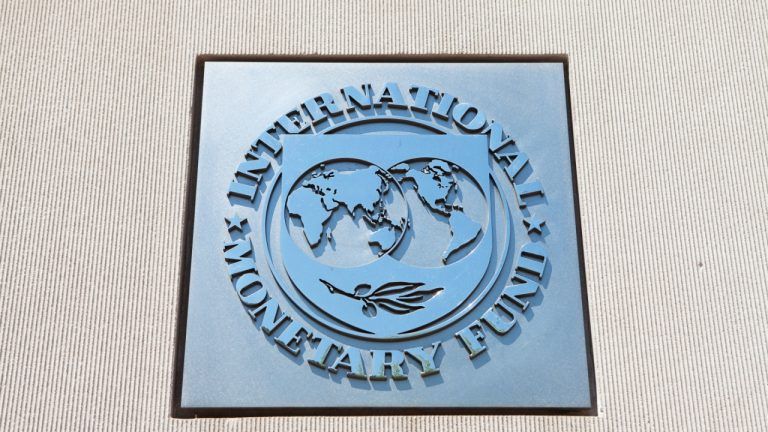
The 3AC co-founder purchased the Singaporean bungalow in March 2022, shortly before the hedge fund collapsed.
Crypto businessman and fugitive Su Zhu's $36 million luxury real estate in Singapore has been converted into an eco-farm.
According to recent local media reports, Zhu's residential property in the city-state's upscale Yarwood Avenue has been rebranded as "Yarwood Homestead" and operated by Abundant Cities, a company his wife, Evelyn Tao, co-founded.
Through ecological design and agroecology, the firm transformed the mansion's gardens into a mini farmland, producing vegetables, herbs, fruits, fish, and poultry. In addition, the bungalow's front lawn has been reworked into 36 vegetable gardens, growing okra, spinach, beans, kale, sesame seeds, and radishes. As for the swimming pool, it is now a natural pond containing aquatic plants, streams, and various fish and shrimp. The farm hosts a variety of on-site private gatherings.
Zhu and his spouse purchased the property in March 2022 for $36 million, shortly before his Singaporean hedge fund, Three Arrows Capital (3AC), collapsed. During the height of the crypto bull market, 3AC reportedly managed over $10 billion in digital assets. The firm filed for bankruptcy in July 2022 following a series of failed leveraged bets on the Terra Luna ecosystem and faces up to $3.5 billion in creditor claims.
On September 29, Cointelegraph reported that Su Zhu was arrested at Singapore's Changyi International Airport while attempting to leave the country after a court granted a committal order. A few days prior, Teneo, 3AC's liquidator was granted its committal request in Singapore, claiming Zhu failed to comply with a court order relating to the recovery of corporate assets. Zhu was sentenced to four months in prison for the violation.
His co-founder, Kyle Davies, a former U.S. citizen who is now a Singaporean national, was also committed to four months in prison. However, Davies' whereabouts remain unknown. Earlier this year, Davies publicly boasted that there were no "pending lawsuits or regulatory action" against him at the time.

Magazine: China dev fined 3 yrs’ salary for VPN use, 10M e-CNY airdrop

